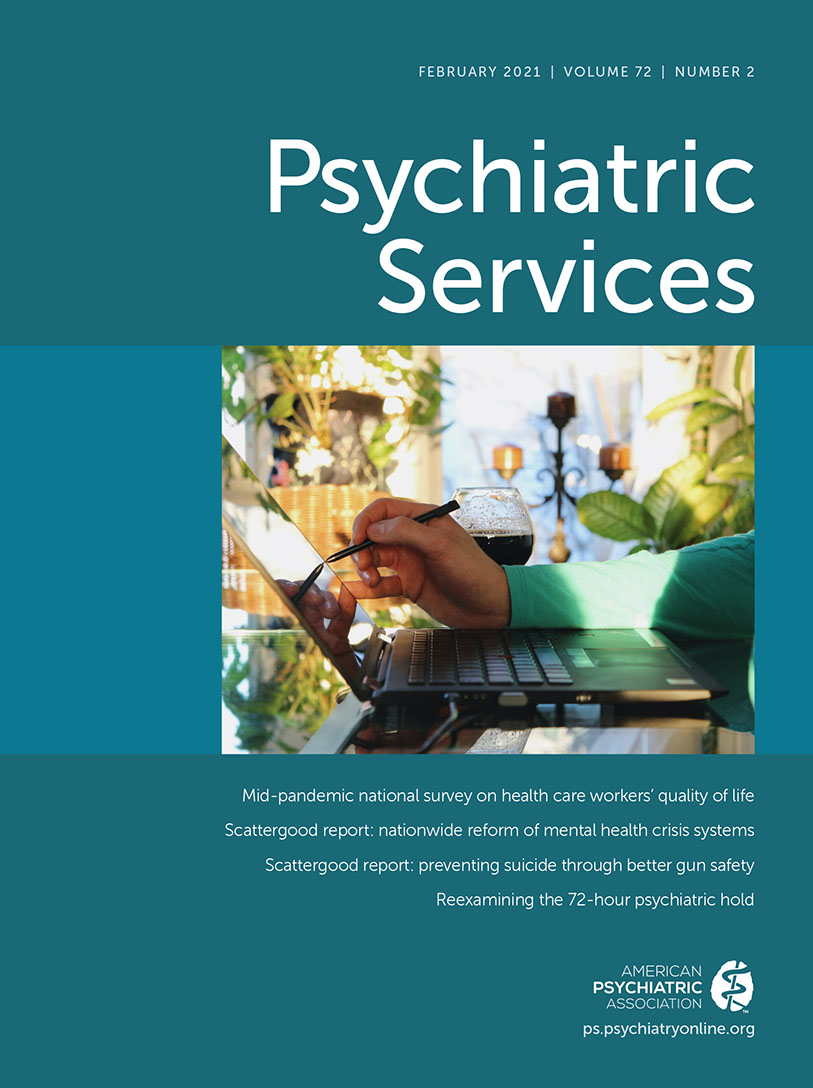New Opportunities to Improve Mental Health Crisis Systems
Abstract
National, state, and local actors seem ready to address the long-neglected mental health crisis system in the United States. Elements of an organized system of crisis care are in place in some states, including regional or statewide call centers, mobile crisis teams, and crisis care facilities. These necessary advances are not sufficient to address the urgent problems of increasing suicide rates, the inappropriate use of emergency departments to hold people in psychiatric distress, and the problematic reliance on inadequately trained law enforcement who frequently respond to mental health crises. This article describes the immediate challenges and opportunities that can launch nationwide reform in systems of care for individuals in psychiatric crisis. Five action recommendations describe clear, feasible next steps that can be taken to move these systems forward and meaningfully improve access and quality of care for people in crisis. The recommendations include a central coordinating role for Congress, an increase in federal authorization and appropriation of funds, enactment of a 5% Mental Health Block Grant set-aside, expanded funding for research and evaluation, and the pursuit of additional payment mechanisms by states and counties.



